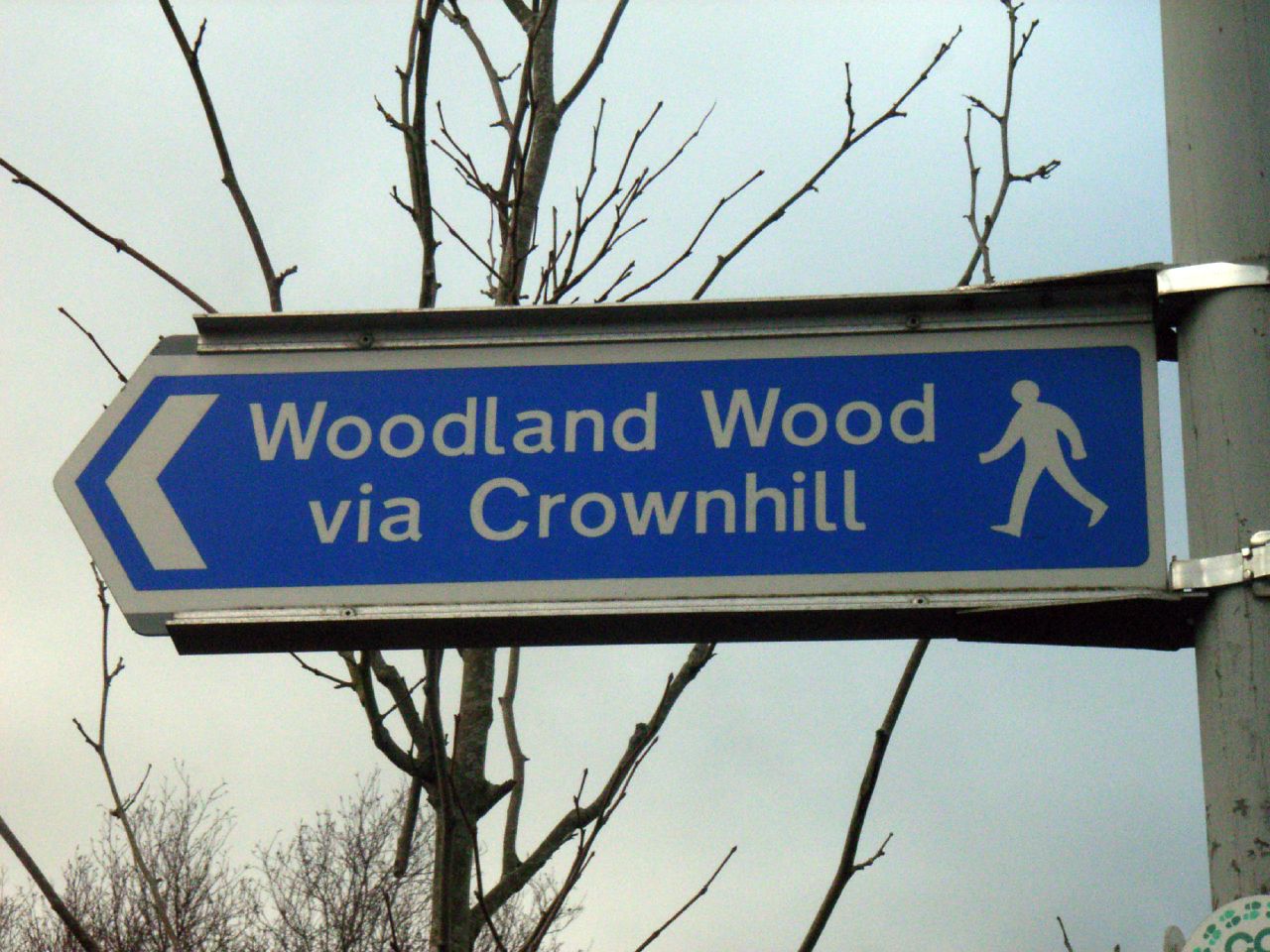The 2010 Exemplar Awards, run by Intelligent Addressing Ltd and Local Government Information House, recognise the outstanding achievements of local authorities, partnerships, police forces and fire and rescue services in using the National Land and Property Gazetteer (NLPG) and the National Street Gazetteer (NSG) databases to share information.
The Council’s property registration team has won an award in the 'naming' category for commemorating local history and lives lost during a World War Two bombing raid, giving streets names ‘which have respectful resonance with the local community, residents’ forums and history groups’.
The team is responsible for naming all new streets and numbering all property developments in Plymouth, often in consultation with residents and civic societies in the city. The proposed new street names are also formally approved by local ward councillors.
Plymouth City Council’s bid highlighted housing developments on the former sites of RAF Mount Batten and the City Hospital (later known as Freedom Fields Hospital), where street names were chosen to recognise one of the city’s most famous residents and to pay tribute to some of its fallen.
Originally opened as RAF Cattewater in 1917, RAF Mount Batten was a seaplane station and provided a base for flying boats. It was also used as for high-speed air-sea rescue launches, on which Aircraftman Shaw (better known as TE Lawrence, or Lawrence of Arabia) was employed during the 1930s. He was renowned for a liaison role during the 1916-18 Arab Revolt.
When redevelopment work started on the site in 1996 the Council consulted members of the public and a local residents’ forum on names for its new streets and the following were chosen: Lawrence Road; Shaw Road; Cunliffe Avenue (after archaeologist Professor Cunliffe, who studied and wrote about Mount Batten); Durwent Avenue (after a boat built at Mount Batten) and Catalina Villas (after a type of flying boat based at Mount Batten during World War Two).
Freedom Fields Hospital originally opened as the Plymouth Workhouse in 1858, before becoming the Greenbank Infirmary in 1909 and then the City Hospital in 1930. The hospital became an easy target during the air raids of the Second World War and its maternity ward received a direct hit on the night of 20 March 1941, killing six nurses and 19 children.
The hospital closed in 1998 and major redevelopment began in 1999 to provide affordable housing on the site. As a tribute to those who lost their lives on the maternity ward, the Council named four of the new streets after four of the nurses who were killed: Monica Walk (after probationary nurse Monica White, aged 17); Lydia Way (after nurse Lydia Rebecca Walters, aged 16); Emily Gardens (after nurse Emily Helen Kelly, aged 37) and Olivia Court (Olivia May Willing, aged 19.)
An extract from the Council’s award submission reads: ‘As the years pass, the memories fade and the number of survivors or relatives of those lost dwindle…It is hoped the chosen street names will prompt reflection for day-to-day users, celebrate and commemorate the people involved and provide a fitting tribute for future generations.’
Councillor Ian Bowyer, Cabinet Member for Finance, Property, People and Governance, said: "When naming new streets we are always keen to take into account the view of local residents and, wherever possible, choose names that reflect the local history or pay tribute to key people who have or had a special link with the area. We are really pleased to have won this national award, which shows how much care we take in choosing street names that are fitting and appropriate for the area.”
Of course not all names are so well thought out... Plymouth City Council



No comments:
Post a Comment
Have something interesting to say? Please share it here!
(Moderation is currently switched on so please allow a short while before your comment appears on the site. This is only to cut down on spam - not to cut out people who disagree with me!)